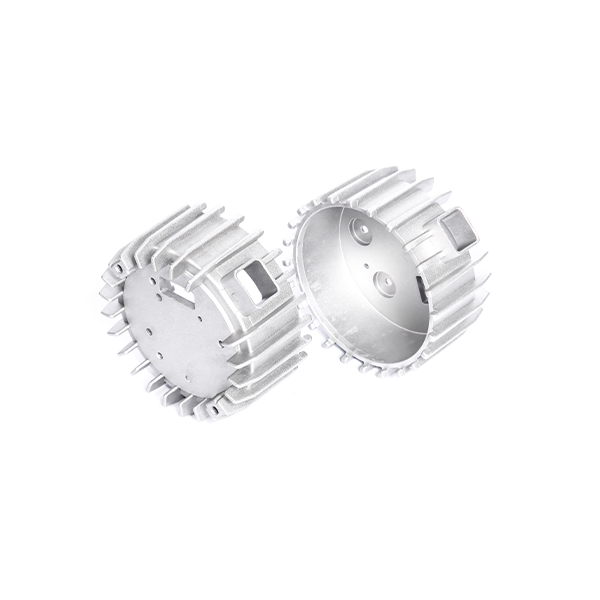Mobile:+86-311-808-126-83
Email:info@ydcastings.com
Exploring the Benefits and Properties of 7075 Aluminum Casting for Various Applications
An Overview of 7075 Aluminum Casting
7075 aluminum alloy is renowned for its exceptional strength and corrosion resistance, making it a favored choice in various industrial applications, including aerospace, automotive, and marine engineering. When it comes to casting, 7075 exhibits several advanced properties that make it an ideal material for producing complex shapes and robust structures.
The primary alloying elements in 7075 include zinc, magnesium, and copper. These components come together to confer a high strength-to-weight ratio, which is crucial in industries where weight savings are essential without compromising structural integrity. 7075 aluminum is often used in the manufacture of aircraft components, military equipment, and high-stress automotive parts, which demand materials that can withstand significant loads and extreme environments.
One of the notable benefits of 7075 aluminum casting is its adaptability in producing intricate designs
. Advanced casting techniques, such as die casting and investment casting, allow for precise and efficient production of parts with complex geometries. This capability reduces the need for extensive machining, thereby saving both time and costs during the manufacturing process.7075 aluminum casting

Furthermore, 7075 aluminum has a relatively good machinability compared to other high-strength alloys. The casting process can produce components with smooth surfaces and tight tolerances, which means that less post-processing is required. This is particularly advantageous in mass production environments where consistency and efficiency are paramount.
However, it is essential to consider that while 7075 aluminum exhibits outstanding strength, it is less ductile than some other aluminum alloys. This means that careful handling and processing are necessary to prevent cracking during fabrication and usage. Proper heat treatment is also vital to achieve optimal mechanical properties. Many manufacturers employ heat treatment processes to enhance the alloy’s strength and toughness, ensuring that the final product meets specific performance standards.
In terms of environmental impact, aluminum casting, including 7075 alloy, is relatively eco-friendly. Aluminum can be recycled multiple times without losing its material properties, contributing to a more sustainable lifecycle. The casting processes themselves, when operated in accordance with industry standards, can minimize waste and energy consumption.
In conclusion, 7075 aluminum casting stands out as a superior choice for applications requiring high strength, precision, and reliability. Its excellent mechanical properties, coupled with advancements in casting technologies, make it a cornerstone material in the manufacturing of high-performance components across various industries. As the demand for lightweight and durable materials continues to rise, the relevance of 7075 aluminum casting is likely to grow even further, paving the way for innovations in engineering and design.











